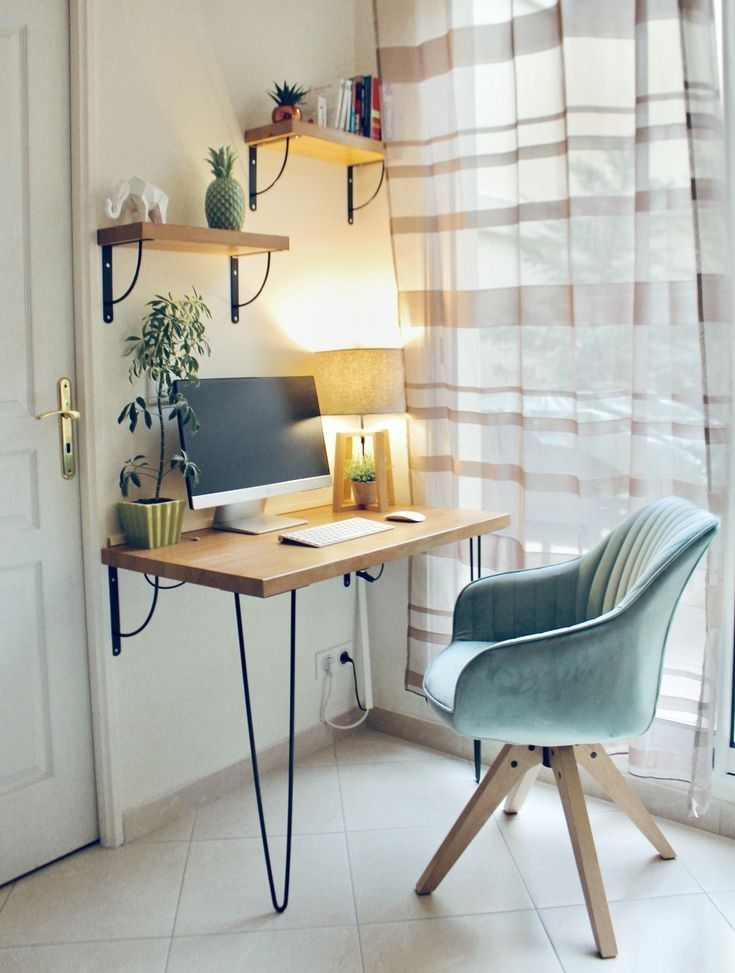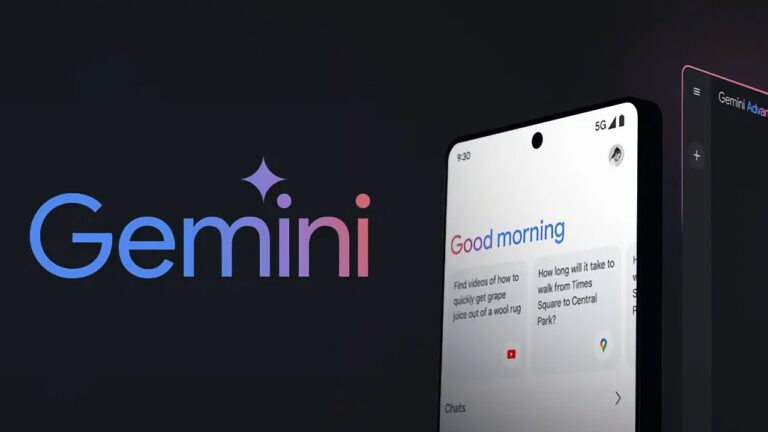
Audience
- Sentiment: mixed
- Political Group: neutral
- Age Group: young adults
- Gender: both genders
Overview
- Jamie Dimon criticizes remote work, claiming it negatively affects productivity and employee engagement.
- Supporters of remote work argue it offers flexibility and leads to higher productivity and better work-life balance.
- The future may involve hybrid work models that combine in-office collaboration with remote flexibility.
The Great Debate: Remote Work vs. Office Life
Picture this: it’s a rainy Tuesday morning, and instead of rushing to your desk at school or a cubicle, you’re lounging in your pajamas, sipping a cup of hot chocolate, and logging onto your computer from the comfort of your home. Sounds nice, right? Well, this kind of work setup has become a hot topic lately, especially after a recording of JPMorgan Chase CEO Jamie Dimon went viral, sparking conversations about remote work and its impact on productivity.
In this recording, which has more than 1.7 million views on TikTok, Dimon expresses his frustrations with remote work, arguing that it’s not only unproductive but also disengaging for employees. That might sound pretty harsh, especially if you’re enjoying the freedom of working or studying from home. So, let’s dive into this debate on remote work versus traditional office life and explore what it really means for all of us.
The Remote Work Revolution
When COVID-19 hit in 2020, businesses around the world had to quickly adapt. Offices closed, and people shifted to working from home almost overnight. The shift was dramatic. No more long commutes, no crowded break rooms, and no dressing up for the office every day. For many, it felt like a dream come true. You could work in your sweatpants, take breaks whenever you wanted, and avoid the dreaded office politics.
Supporters of remote work argue that it offers flexibility and can actually lead to higher productivity. Many people found they could focus better without the distractions of a busy office environment. Perhaps you’ve experienced it yourself: fewer people popping into your space for chatty interruptions means you can dive deeper into your work, whether it’s studying for that tough math test or finishing up an important assignment.
Jamie Dimon’s Criticism
However, not everyone agrees with the remote work model. Jamie Dimon, the CEO of JPMorgan Chase, is one of the notable critics. In the viral audio, he claimed that employees were often more distracted during Zoom meetings than engaged. Imagine sitting in a virtual meeting while your phone buzzes with notifications from social media—it’s definitely easy to get sidetracked! Dimon’s point is that when people are working from home, they might not be fully present or as committed as they would be if they were physically in the office.
He called for a return to the office, insisting that face-to-face interactions are essential for teamwork and building camaraderie among employees. He worries that without the regular, casual discussions that happen in a physical office, employees might miss out on collaborative opportunities that can lead to innovation and creativity.
Dimon’s views certainly stirred a pot of opinions. Some people, like billionaire hedge fund manager Bill Ackman, backed him up, agreeing that office time is crucial for maintaining a strong company culture. They believe that in-person work helps to foster connections between colleagues, making it easier to brainstorm ideas and solve problems together.
The Counterarguments
While some leaders are calling for a return to the office, a whole lot of employees have voiced their disagreements. For many, remote work isn’t just a passing phase—it’s become a preferred way of life. Social media has exploded with stories from individuals who share how working from home has made them feel more productive and balanced. Imagine being able to schedule your day around your most productive hours, whether you’re a night owl or an early bird.
Many advocates argue that remote work allows for a healthier work-life balance. It’s not just about where you work; it’s about how you feel while working. While some people thrive in an office environment, others may find that they’re more focused and creative when they can design their workspace to suit their needs. Maybe you like listening to your favorite music while working, or perhaps you need to take a walk to clear your head. These personal preferences can make a big difference in performance, and remote work offers the flexibility to do just that.
Moreover, the argument against office work often points to the waste of time involved in commuting—time that could instead be spent on work or even self-care, like exercising or spending time with family. The countless hours spent stuck in traffic or riding public transport can lead to burnout and stress, ultimately affecting job performance.
Reevaluating the Workplace Culture
The discussion ignited by Dimon’s comments not only highlights the different opinions on remote work but also brings into focus the importance of reevaluating workplace culture. Many employees feel that the traditional 9-to-5 work model is outdated and doesn’t cater to the diverse needs of the 21st-century workforce.
Some companies are starting to recognize this reality. They are experimenting with hybrid models that allow flexibility while also encouraging in-person collaboration when necessary. For instance, some organizations may require employees to come into the office one or two days a week for meetings and team activities, while allowing them to work remotely for the rest of the week. This middle ground could help maintain the positive aspects of both remote and in-office work, promoting productivity while still fostering relationships.
Also, there’s an ongoing conversation around the need to improve meeting cultures. Many people believe that not all meetings are necessary and that they often waste valuable time. Dimon’s comments about Zoom distractions echo the frustrations many have about how meetings can sometimes feel unproductive and excessive. Perhaps there’s a need for a shift in how we conduct meetings, focusing more on effective communication and collaboration rather than just gathering everyone together for the sake of it.
What the Future Holds
As we continue to navigate this debate, it’s clear that there’s no one-size-fits-all solution. While leaders like Jamie Dimon have strong opinions about the value of in-person work, many people find that remote work fits their lifestyle better. The key is finding a balance that accommodates different working styles while promoting productivity and collaboration.
As younger generations enter the workforce, the expectations around work continue to change. Many want jobs that allow for flexibility and understanding of personal circumstances. In the end, creating a work environment—whether at home or in an office—that values employees’ well-being and capacities will be essential.
So, what do you think? Are you team remote work or team office? Do you feel more productive at home, or do you think in-person interactions are essential for teamwork? I’d love to hear your thoughts! Share your experiences in the comments below!






